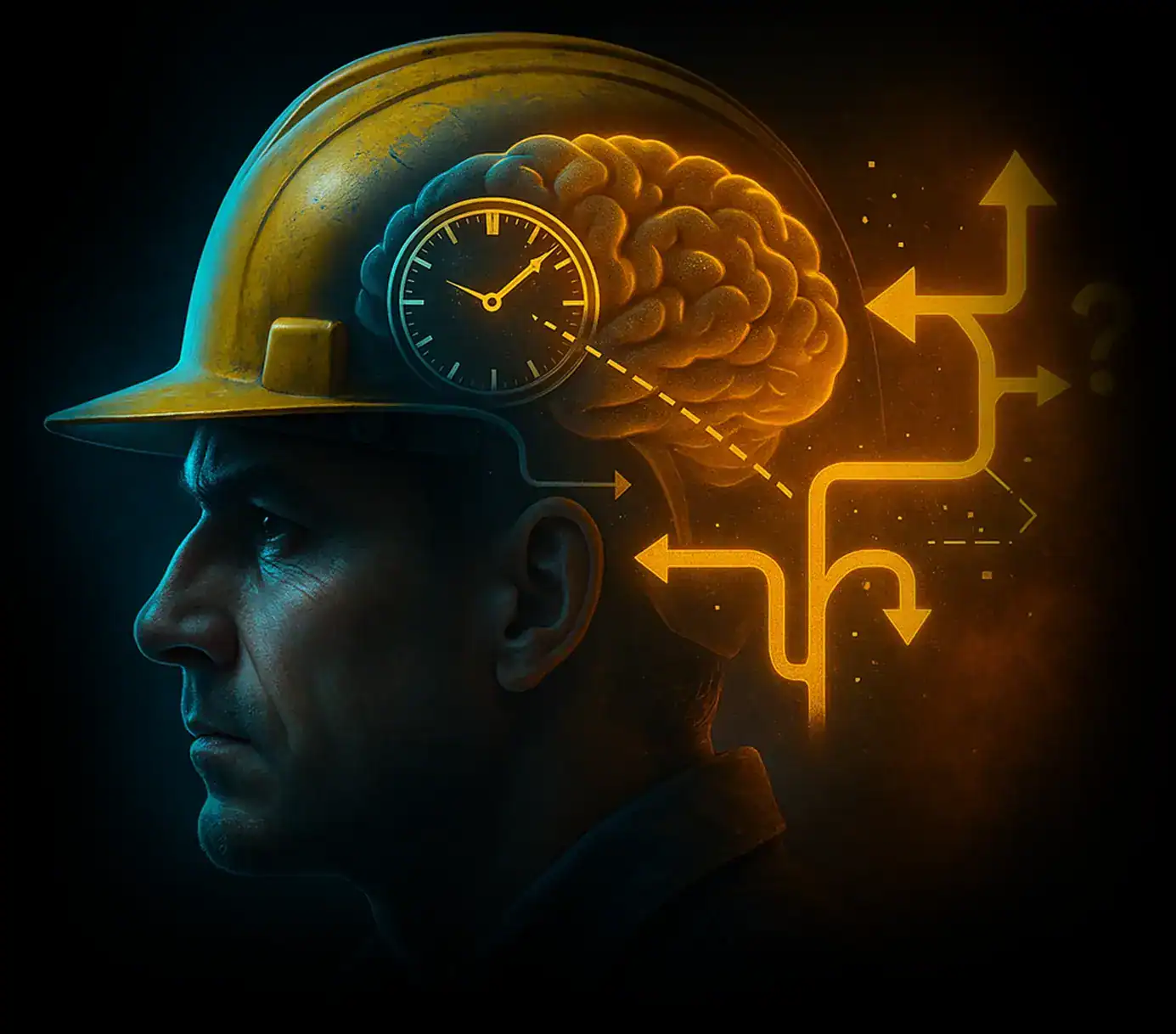
Childhood mental health illnesses that are not diagnosed or treated can have a profound effect on a child’s ability to learn, thrive and develop.
Many schools are employing trained mental health practitioners, such as psychologists, counsellors, school nurses and social workers. Teachers themselves also receive extensive training on childhood mental health to help deal with mental health in schools.
Let’s not forget that schools work closely with children’s social, health and mental health services. All these services can offer vital resources and guidance to teachers and educators.
This blog explores the impact of mental health conditions on children and young people, the size of the problem and how to spread awareness to help those suffering.
Are Schools the Right Place to Deal with Childhood Mental Health?
Most UK schools deliver a 32-and-a-half-hour school week –Monday to Friday, typically from 8:45 AM to 3:15 PM. This is almost as much time as that spent outside of school with friends and family. So, it makes sense to support the awareness of mental health in schools.
Educators are well positioned to identify when a child may be developing a mental health problem. Working with the child and their family, as well as taking swift action, is key to ensuring that these issues don’t develop into a mental health disorder.
Mental Health Courses
Our mental wellness courses help overcome the stigma associated with mental health challenges and provide practical techniques for managing such challenges in professional settings. The courses aim to protect employees’ mental well-being, improve productivity and enhance work and personal life balance.
How Big is the Problem?
Positive mental health helps us to lead more fulfilled lives and experience better relationships. It also enables us to thrive in our work, hobbies and interests.
Although children and young people may not have the life responsibilities of adults, they still need to feel fulfilled through school experiences, friendships and relationships with family members. Mental health conditions can have a profound impact on these.
World Health Organisation statistics indicate:
- One in seven 10 – 19-year-olds experience a mental health disorder, globally
- The leading causes of mental illness are depression, anxiety and behavioural disorders
- Suicide, associated to mental health conditions, is the fourth leading cause of death among 15–29-year-olds.
- Over 50% of all mental health disorders start before age 14 and 75% by the age of 24.
- In the UK, 4127 children received inpatient mental health care in 2019/20.
- The vast number of children and young people do not receive any mental health services.
Not dealing with adolescent mental health conditions only means that they will extend into adulthood, which has an adverse effect on both physical and mental health.
What Are the Mental Health Determinants?
Mental health determinants, that can affect a child and young person are:
- Quality of home life
- Exposure to adversity
- Childhood abuse
- Bullying
- Peer pressure
- Bereavement
- Ill physical health
- Social media and the skewed perceptions of ‘perfection’
- Gender and sexuality
- Harsh parenting
- Socioeconomic problems – such as the current cost of living crisis
These factors have been recognised as risks to mental health and, if not addressed, can lead to mental health disorders such as eating disorders, self-harm, substance abuse and suicide.
Identifying a Mental Health Disorder in Your Student
Signs of deteriorating mental health in young children and teens may be hard to spot. Building positive relationships with students will make it easier to know when something is up.
In young children signs may include:
- Erratic behaviour
- Lack of concentration
- Declining grades
- Becoming withdrawn
- Not wanting to play with school friends or take part in school activities
- Playing alone, when they were once very sociable
- Teens may start to turn up late to class or not attend at all
- A decline in personal hygiene
What Mental Health Services Are Available?
Child and Adolescent Mental Health Services (CAMHS), or Children and Young People’s Mental Health Services (CYMPHS) are NHS services formed to assess and treat behavioural, emotional and mental health difficulties in young people.
CAMHS teams, made up of therapists, nurses, psychologists and psychiatrists deliver services across the UK.
Eating disorders, self-harm, depression, anxiety, abuse, bipolar disorder and schizophrenia, among other conditions, can all be identified through these assessments.
Referrals to CAMHS can be made by parents/carers, teachers, GPs and by the young person themselves, depending on where they live in the UK. The assessment helps to establish the right level of care and support needed.
How to Spread Awareness
A lot can be done to spread awareness of mental health. Schools can take a proactive approach by promoting awareness to students.
Administrative Support
This can be given through:
- Regular lessons,
- Guest talks delivered by mental health practitioners
- Sessions with other young people, who advocate for positive mental health
- The school website and internal Apps – parents and carers can see what initiatives are in place and have discussions at home about them, with their children.
The NHS and mental health charities such as Mind, the NSPCC and Young Minds have documents, podcasts, videos and posters that can be downloaded and used in lessons, placed on school walls and shared with parents.

Highlight national awareness days such as:
- Mental Health Day
- Youth Mental Health Day with school-wide campaigns
By normalizing mental health discussions, educators can emphasise that mental wellbeing is an integral part of our overall health. It also helps to break the stigma.
Getting Students Involved
These days children and young people spend a vast amount of their time on smart devices and social media. Although it has been found that this can be detrimental to mental health, we cannot ignore the fact that it is one of their most used means of learning about the world.
So, don’t forget who the key stakeholders are – children and young people:
- Get them involved
- Ask them what they would like to see
- How they want to receive the information
- What works and what doesn’t
Be Creative in Outreach
There is so much information out there that can be used to spread awareness of mental health in schools. Human Focus also offer various mental health courses online, that can be purchased and completed by people in their own time.
There’s an amazing amount of good information on apps like TikTok and YouTube. Most mental health charities also all have a social media presence on these apps.
So, encourage students to learn how to foster healthy mental wellbeing and, if they are suffering, check out resources that have been set up to help them.
Increased awareness helps children and young people feel confident that school is a safe place to seek help.





















